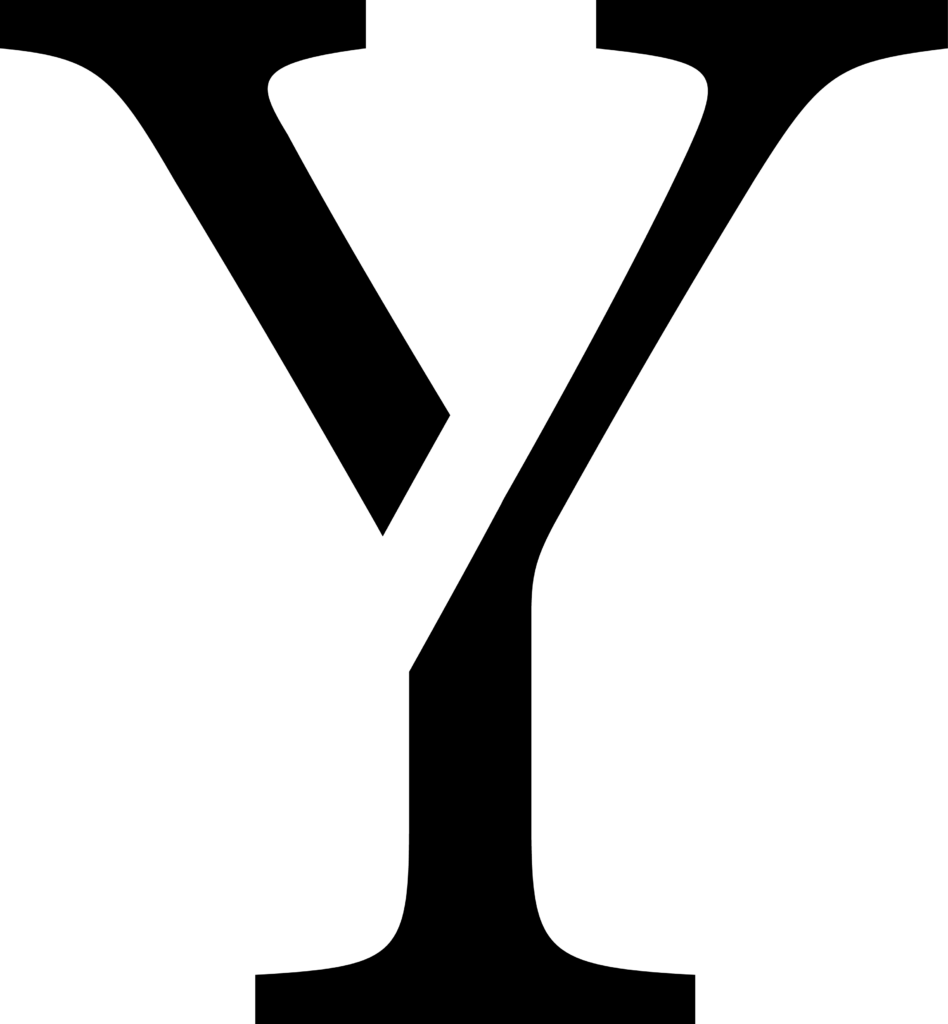Understanding the Condominium Act Ontario
Overview of the Condominium Act Ontario
The Condominium Act Ontario is essential for anyone involved in condo living. Enacted in 1998, this legislation provides a comprehensive framework for the governance, management, and operation of condominiums in the province. It addresses various aspects, including the establishment of condominium corporations, the rights and responsibilities of condo owners, and the roles of the board of directors. Understanding the Act is crucial for condo owners and corporations alike. It helps ensure that everyone operates within a legal framework that promotes harmony and efficiency. The Act covers everything from the creation of condominium corporations to the management of common elements and dispute resolution mechanisms.
Key Elements of the Condominium Act Ontario
- Creation and Registration: The process of creating and registering a condominium corporation.
- Governance: The roles and responsibilities of the board of directors and the condominium corporation.
- Rights and Obligations: The rights and obligations of condo owners, including voting rights and financial responsibilities.
- Dispute Resolution: Mechanisms for resolving disputes between owners, and between owners and the corporation.
Rights and Responsibilities Under the Condominium Act Ontario
The Condominium Act Ontario clearly outlines the rights and responsibilities of condominium owners. Understanding these provisions can help prevent conflicts and ensure a smooth living experience within the condo community. Condo owners enjoy various rights that protect their interests and contribute to the community’s governance.
Owners’ Rights
- Voting Rights: Owners have the right to vote on key issues such as electing board members and approving budgets.
- Access to Records: Owners can access certain records, including financial statements and meeting minutes, to stay informed.
- Use of Common Elements: Owners have the right to use common elements like gyms, pools, and hallways, subject to the rules set by the condo corporation.
Owners’ Responsibilities
- Payment of Common Expenses: Owners must pay their share of common expenses, which fund the maintenance and repair of common elements.
- Adherence to Rules: Owners must comply with the condominium’s rules and bylaws to ensure harmonious living.
- Maintenance of Units: Owners are responsible for maintaining their units and ensuring they do not cause damage to common elements or other units.
Role of the Condominium Corporation and Board
Under the Condominium Act Ontario, the condominium corporation and its board of directors play vital roles in managing the condominium and ensuring compliance with the Act. The condominium corporation is a legal entity created upon the registration of the condominium. It is responsible for the management and operation of the condo and has several key duties.
Condominium Corporation
- Maintenance and Repairs: Ensuring that common elements are properly maintained and repaired.
- Financial Management: Preparing and approving budgets, collecting common expense fees, and maintaining reserve funds.
- Enforcement of Rules: Enforcing the condominium’s rules and bylaws to maintain order.
Board of Directors
The board of directors is elected by the owners and acts on behalf of the condominium corporation. Their responsibilities include:
- Decision-Making: Making important decisions regarding the operation and management of the condominium.
- Communication: Keeping owners informed about issues and decisions affecting the condominium.
- Enforcement: Ensuring compliance with the Act and the condominium’s rules and regulations.
Amendments and Updates to the Condominium Act Ontario
The Condominium Act Ontario has been amended over the years to address new challenges and improve governance within condominium communities. Recent amendments have focused on enhancing transparency, accountability, and dispute resolution.
Recent Amendments
- Mandatory Training for Board Members: New board members must undergo mandatory training to understand their roles better.
- Improved Record-Keeping: Stricter guidelines for maintaining records to ensure transparency and accountability.
- Dispute Resolution: The establishment of the Condominium Authority Tribunal (CAT) to handle certain disputes more efficiently.
Impact of Amendments
These amendments aim to improve the governance of condominiums and protect the rights of owners. They ensure that board members are well-equipped to manage the condominium and that owners have access to the information they need. For more detailed information on these changes, the Condominium Authority of Ontario provides extensive resources and updates.
Common Challenges and Solutions Under the Condominium Act Ontario
Despite the comprehensive nature of the Condominium Act Ontario, challenges can arise for both owners and corporations. Addressing these challenges effectively requires a good understanding of the Act and proactive management.
Common Challenges
- Understanding Legal Obligations: Owners and board members may find it difficult to navigate the legal complexities of the Act.
- Dispute Management: Resolving disputes can be challenging, particularly when emotions run high.
- Financial Management: Ensuring adequate reserve funds and managing budgets effectively can be daunting.
Solutions
- Seek Professional Advice: Consulting with legal professionals or paralegals, such as those at YLAW, can provide valuable guidance.
- Effective Communication: Keeping open lines of communication between owners and the board can prevent misunderstandings.
- Regular Training: Ongoing training for board members and owners can ensure everyone understands their rights and responsibilities.
For personalized assistance, you can contact YLAW to navigate the complexities of the Condominium Act Ontario. Learn more about Daniel English and how YLAW can help with your condominium-related issues.
This comprehensive article covers the key aspects of the Condominium Act Ontario, providing valuable insights and practical solutions for owners and corporations.


